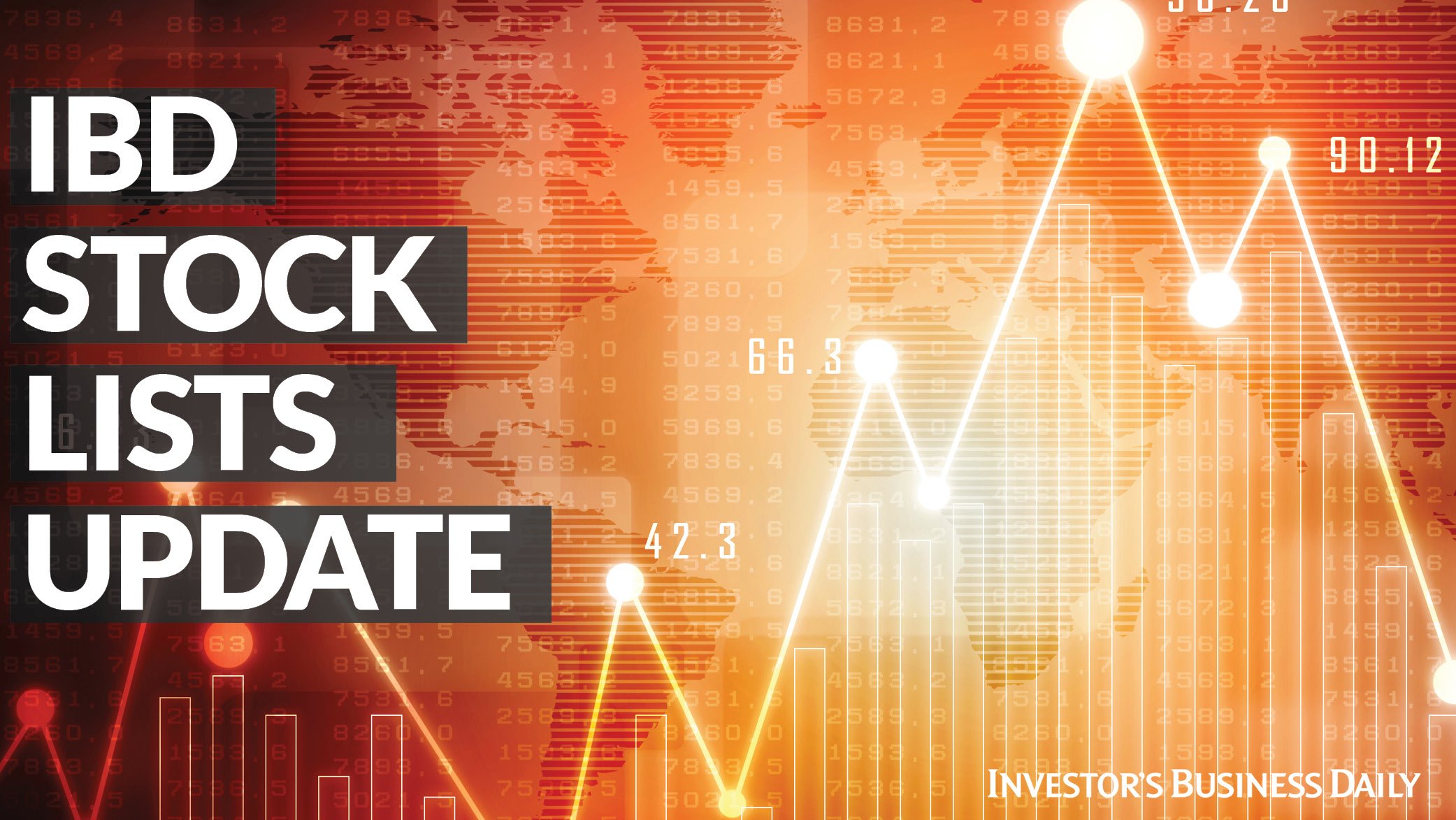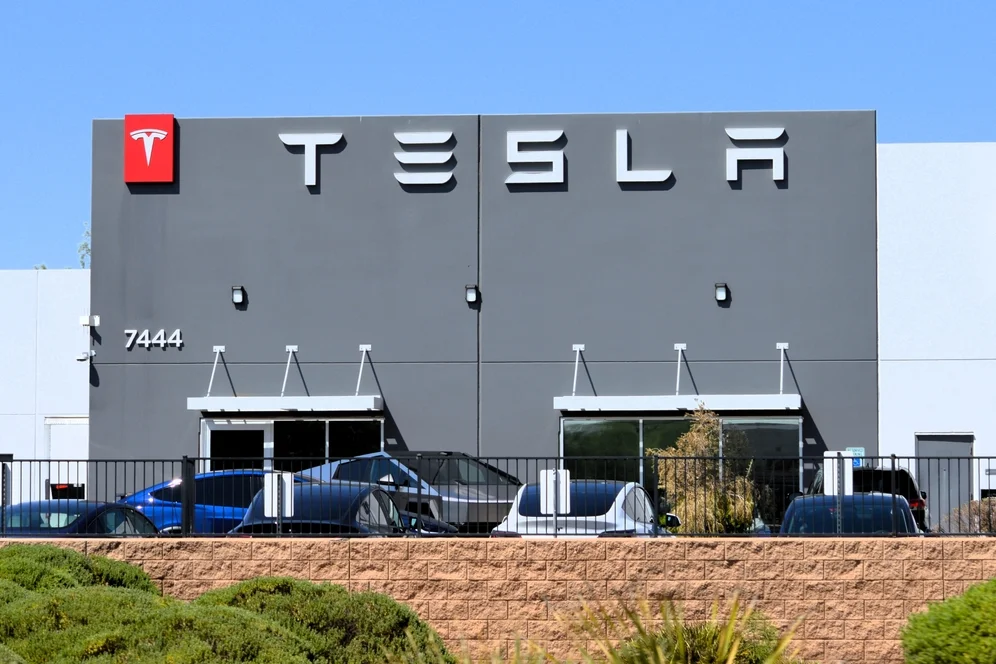By Sidhi Mittal
Copyright edie

edie’s Virtual Monthly Briefing in August for Members offered a timely stocktake on the impact of Trump 2.0 on the global climate movement and whether the worst of the initial whiplash is beginning to ease.
These member-only sessions, held under the Chatham House Rule, provide a confidential forum to hear from experts, dissect global developments and co-create solutions to shared challenges.
The session took place against a turbulent backdrop. In Q1 2025, sustainable investment funds suffered $8.6bn of net outflows, the worst on record, fuelled by the Trump Administration’s anti-environmental, social and governance policies. New executive orders targeting diversity, equity and inclusion (DEI) have heightened legal risks for US firms and forced global asset managers to temper their messaging on social issues.
Meanwhile, Europe is experiencing its own policy whiplash, with weakened reporting requirements and toughened greenwashing crackdowns under the EU Omnibus regulation. This combination has led some to declare a “sustainability winter.”
And yet, as the expert panel highlighted, there are also signs of resilience. While some businesses have rolled back net-zero pledges, others are deepening their climate strategies despite the uncertainty.
The panel brought together leading voices from across the sustainability landscape, including Alice Spencer, executive director of education at the Cambridge Institute for Sustainability Leadership; Pauliina Murphy, engagement & communications director at the World Benchmarking Alliance; and Sally Uren, executive director & chief acceleration officer at Forum for the Future. Together, they explored the challenges and opportunities of navigating Trump 2.0, offering members practical insights and strategies.
Here are the key takeaways from the panel discussion:
ESG as a political lightning rod
The panel agreed that Trump’s approach has turned ESG into a political weapon, embedding sustainability into a culture war.
Spencer argued that “attacking ESG is really shorthand for attacking so-called ‘woke capitalism.’”
She said: “Trump’s positions are polarising and provocative, which gains traction in a world that is already disrupted and divided. But these protectionist policies are symptoms.
“The underlying causes, such as competition for finite resources, the need for resilience in a disrupted world, and the race to build industries of the future, remain the same.”
For Uren, the backlash also reflects how ESG has been poorly communicated to the public.
She noted that Trump has become a focal point partly because the ESG message “just wasn’t resonating with people.
“A US survey found the most common answer to ‘what does ESG mean?’ was ‘eggs, sausages and grits.’ It didn’t mean anything to anyone,” Uren noted.
“ESG isn’t sustainability. ESG is about risk adjustment of return; sustainability is about people, nature and health,” the issues that truly matter to society,” she added, highlighting the importance of keeping business strategies grounded in real-world impact and societal value.
The risks of greenhushing
Against this backdrop, many businesses have opted for “greenhushing,” downplaying or hiding their sustainability commitments to avoid political scrutiny.
The panel warned that this is a dangerous strategy. Spencer acknowledged that “everyone agrees businesses have overpromised and underdelivered. You cannot disclose your way out of a crisis.”
She added: “What we need is more inspirational leadership and bolder statements. But instead, silence is tempting. Companies are waiting to see what happens, afraid of political controversy or of being called out for greenwashing.”
However, she stressed that silence could erode long-term momentum.
“Leaders cannot build a bridge to the future by staying quiet. You cannot build momentum on mute. We need leaders to speak up, to have an opinion on the future of their business and on the political environment they need to get there,” Spencer added.
Navigating regulatory uncertainty
Another challenge highlighted was the patchwork of sustainability regulation worldwide.
Trump-era rollbacks have created instability in the US, while Europe has taken a different path with stricter disclosure and anti-greenwashing rules.
Murphy noted that this fragmented regulatory landscape has created significant uncertainty, leaving companies and institutions scrambling to respond. She cited Ørsted’s recent change of plans on its US offshore wind project as an example of how unpredictable regulations can disrupt business strategies.
Despite this volatility, Murphy urged companies not to lower their standards to match the weakest rules. Instead, she recommended aligning with leading global frameworks, such as the EU’s Corporate Sustainability Reporting Directive (CSRD) and Corporate Sustainability Due Diligence Directive (CSDDD), and starting with a comprehensive transition plan covering climate, nature and people.
She emphasised that such a plan provides the foundation for long-term resilience.
Uren agreed, stressing the need for “no-regrets moves.”
She explained: “Multinationals face very different regimes, even within the US, where California is tracking alongside the EU while other states go the opposite direction. So the advice is: be clear on your no-regrets moves, the ones with a solid business case. Greater supply chain visibility, for example, is not just about compliance, it makes your business stronger.”
She added that companies should see compliance as a baseline, not the end goal: “Compliance is a lagging indicator. Going beyond it means you are in charge of planning, investment and innovation. It helps you avoid stranded assets, and it positions you to create new markets.
“Deal with today’s turbulence, but do not close off the pathways to horizons two and three. If you are facing supply chain disruption, use it as an opportunity to build longer-term relationships that create resilience. If your innovation pipeline is struggling, co-create solutions with employees.
“The question is: how do you make everything you do really count, not just for today, but for tomorrow?”
Resetting the sustainability narrative
The panel also saw the ESG backlash as an opportunity to reframe sustainability not as a liability but as a source of competitive advantage.
“It hurts to see sustainability treated as a liability,” said Spencer. “But this is a golden opportunity to change the narrative. Sustainability must be framed as competitive advantage. Meet people where they are, align with political priorities, and show how business can help solve them.”
Spencer closed the panel with a call for more authenticity and courage: “We cannot BS our way through this anymore. Authentic leadership, bold communication and smarter storytelling are what will inspire action, and that is what the world urgently needs.”



